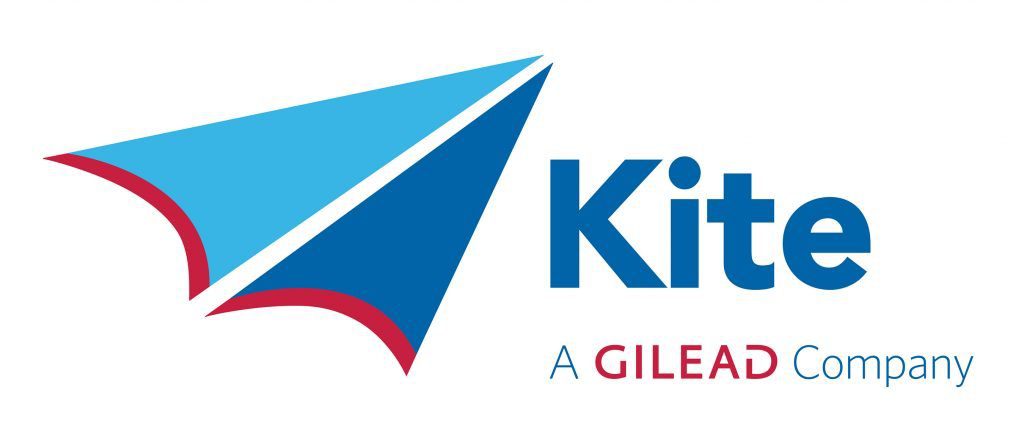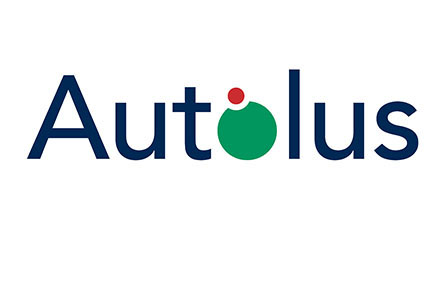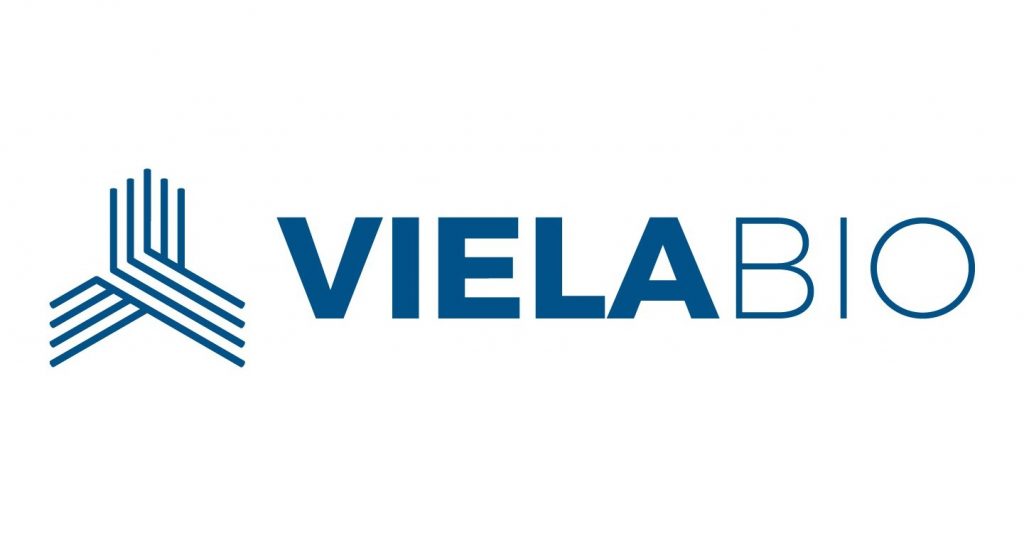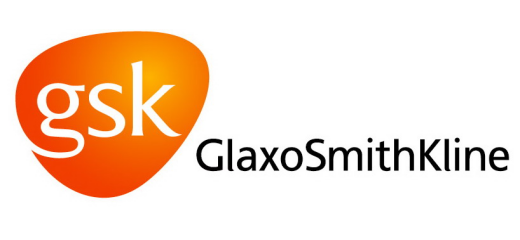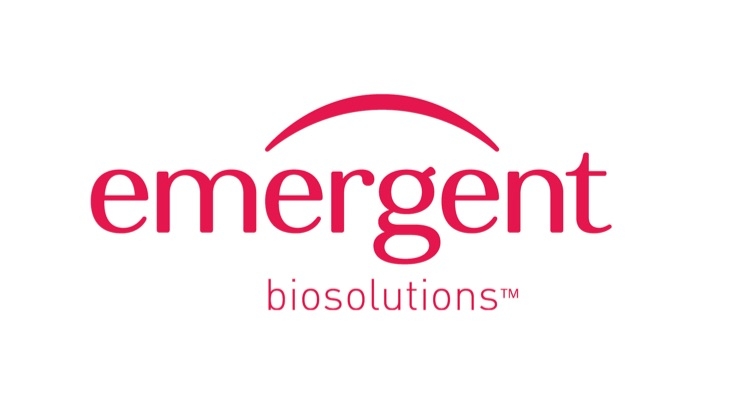BALTIMORE, April 30, 2019 /PRNewswire/ — The privacy and security of patient data continues to be increasingly important as access to this data increases and threats to this sensitive information continue to grow. At the same time, several new federal health information policies will make electronic health information about individuals more widely available to individuals and their caregivers and health care professionals. Lucia Savage, Former Chief Privacy Officer of HHS Office of the National Coordinator, will provide the opening keynote for the Privacy and Analytics (PANDAS) conference, focusing on innovation that equips privacy teams to effectively navigate the shift that occurs when organizations begin to more frequently utilize consumer tools to deliver healthcare.
The keynote, “Alexa, why do we need APIs in healthcare,” will focus on how health systems can balance advancing digital health and patient engagement while ensuring the privacy and security of patient data. Savage’s presentation will also highlight best practices healthcare organizations can start using to reduce organizational risk and better protect patient privacy.
“With CMS predicting the increased use of ‘common consumer tools’ to deliver care outside of traditional brick-and-mortar environments, I hope to bring a tech-forward, HIPAA-expert perspective to hospital privacy officers to help them navigate the shift,” stated Savage.
“The volume of health data available electronically has continued to grow with the adoption of consumer-facing applications focused on improving patient care. PANDAS provides our nation’s most innovative privacy officers a forum to address the new and evolving challenges these adoptions bring to healthcare,” said Nick Culbertson, CEO of Protenus, the founding organization of PANDAS. “To that end, we are thrilled to welcome Lucia. Her expertise and experience will provide unique insight as to how the industry can make important strides in protecting patient data as healthcare continues to innovate. We are looking forward to a thought-provoking discussion.”
Click here to read the entire press release.


